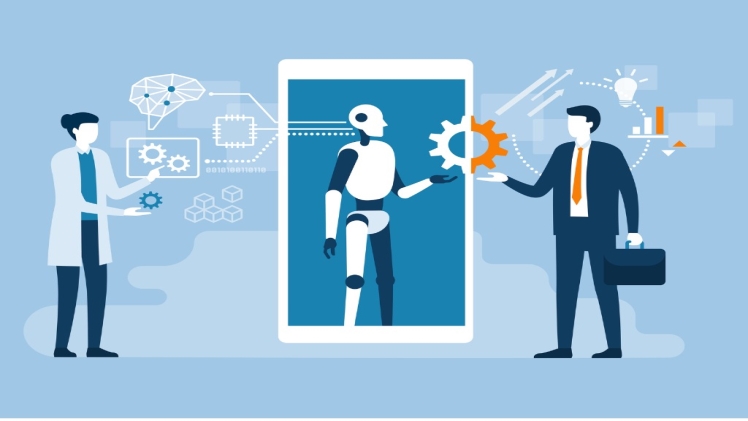Today, unstructured data is growing at a faster pace than structured data. However, organizations are struggling to extract value from this data. The main reason why is that the unstructured data is not in a format that machines can easily understand and process. Traditional AI tools such as Machine Learning algorithms are unable to process unstructured data. To solve this problem, a new category of AI technology called Deep Learning has emerged.
The explosive growth of data over the last decade has made it a strategic asset for organizations across all industries and geographies. The digital age has led to the creation of new data sources, which are typically unstructured, such as text, images, sounds and videos. This has resulted in an explosive growth of unstructured data that is largely unusable. Enterprises today face serious challenges as they struggle with this deluge of data noise, including how to access and visualize information buried in unstructured
AI technologies and tools are increasingly being applied to address unstructured data in the enterprise. Gartner defines unstructured data as any digital data that is not in a predefined format and is often difficult to analyze using traditional methods. Given that the volume of unstructured data is growing faster than that of structured data, organizations must begin to process this content using AI technologies and tools. These solutions are designed to process unstructured data at large volumes and transform it into actionable information.
Artificial Intelligence is a Game Changer for any Data-driven Operations
Artificial Intelligence (AI) and Machine Learning (ML) technologies have been gaining immense popularity over the past few years for its ability to effectively manage unstructured and variable data. AI/ML use cases across industries are on the rise with a number of organizations looking towards these technologies to improve efficiencies, reduce costs, improve customer experience and gain competitive advantage. As the adoption of AI and ML increases in India, the demand for professionals with AI/ML skills will also grow.
The future is here and the management of unstructured data through Artificial Intelligence (AI) has become a valuable asset. Just like the Industrial Revolution brought about a huge transformation in the way businesses operated and produced, AI will see similar changes in the way businesses use data. The value of AI technology is expected to grow to $57.6 billion by 2025, according to a report from Grand View Research. The importance of document management has been increasingly recognized by enterprises. As a result, the market for intelligent document processing has grown significantly in recent years.
Artificial Intelligence (AI) is playing a pivotal role in shaping the future of business processes. The industry is adopting AI in various forms such as predictive analysis, natural language processing, and machine learning to compete with the new entrants. AI technologies are becoming an integral part of business operations across industries. Some examples include data mining, image recognition, natural language processing (NLP), translation and voice recognition technologies. These technologies are transforming the way businesses operate by automating several processes and delivering more efficient operations.
Features of Unstructured Data
Unstructured data is the data which cannot be easily analyzed by a computer because of its structure. It does not have any specific format. It is generally in a human readable form like documents, videos, pictures or sound files. The unstructured data can be found in various types of systems such as human resources (HR), network management, marketing, finance and accounting records, medical records, etc. unstructured data is commonly found in the organizations.
- Hybrid AI, a new approach to Artificial Intelligence (AI), is being used by the leading institutions like Banco Santander and Otkritie Bank to help it offer a better service to its customers. The company is using Hybrid AI technology from TAIGER, a provider of advanced natural language processing and cognitive computing solutions, to build a system that will allow it to process unstructured data in all languages and incorporate both structured and semi-structured data into its analytical models. Successfully developing AI capabilities to manage unstructured and variable data can see broad AI applications across industries such as legal, travel, BPO industry





